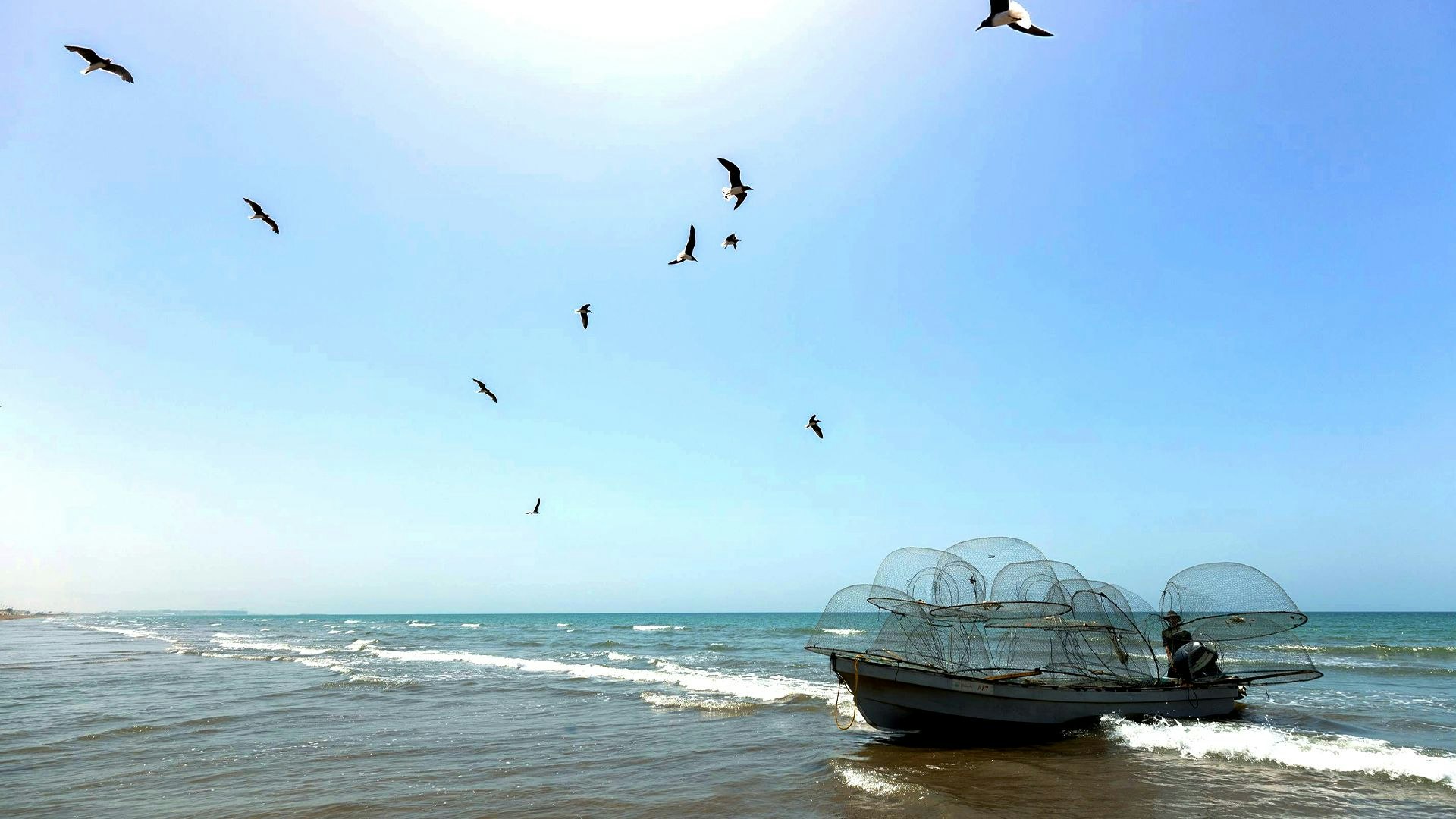We work with communities and local authorities to develop waste management systems appropriate for them. Sometimes this means introducing formal waste collection for the first time and replacing dangerous dumpsites with well-managed and environmentally responsible disposal options. In other locations it means installing recycling services using the latest available technology.
We recognise the importance of monitoring, managing and improving the environmental impact of our services by looking to reduce our greenhouse gas emissions, control fleet and fuel management, manage air quality at our sites and maintain strict protocols for the disposal of hazardous waste.
We have been long time advocates of the circular economy and believe the waste and recycling sector has a crucial role to play in reducing pollution and keeping materials in use. We have been the first to introduce a number of recycling initiatives into the markets where we operate and work closely with local government to help educate communities on the benefits of recycling. The use of municipal solid waste for energy generation is another critical building block in the move towards circularity and one that we are pursuing in a number of territories.
We are working to ensure that all our vehicles are fuel efficient, appropriate for purpose and are operated by drivers trained in smart driving techniques that cut engine idling and over-revving. Most effectively, we have – as part of the digitalisation of the company – employed a route optimisation solution which provides options to avoid traffic and reduce travel distance. In doing this we are reducing the carbon footprint across our fleet.
Other energy reduction initiatives include an assessment and optimisation of treatment plant power requirements. In South Africa, one recently successful project has been the reduction of energy use at our electro-thermal deactivation treatment plant in Killarney Gardens near Cape Town. By replacing equipment at 490 kW with 52 kW energy efficient solutions, energy consumption dropped from 170 kWh to 90 kWh.
With the support of the global HSSEQ team, we are installing an integrated and digitalised Environment Management System across Averda. This will help us be more rigorous and consistent in the monitoring of our environmental impacts, allowing us to benchmark against competitors, and also to set ambitious targets and track our rates of improvement.
